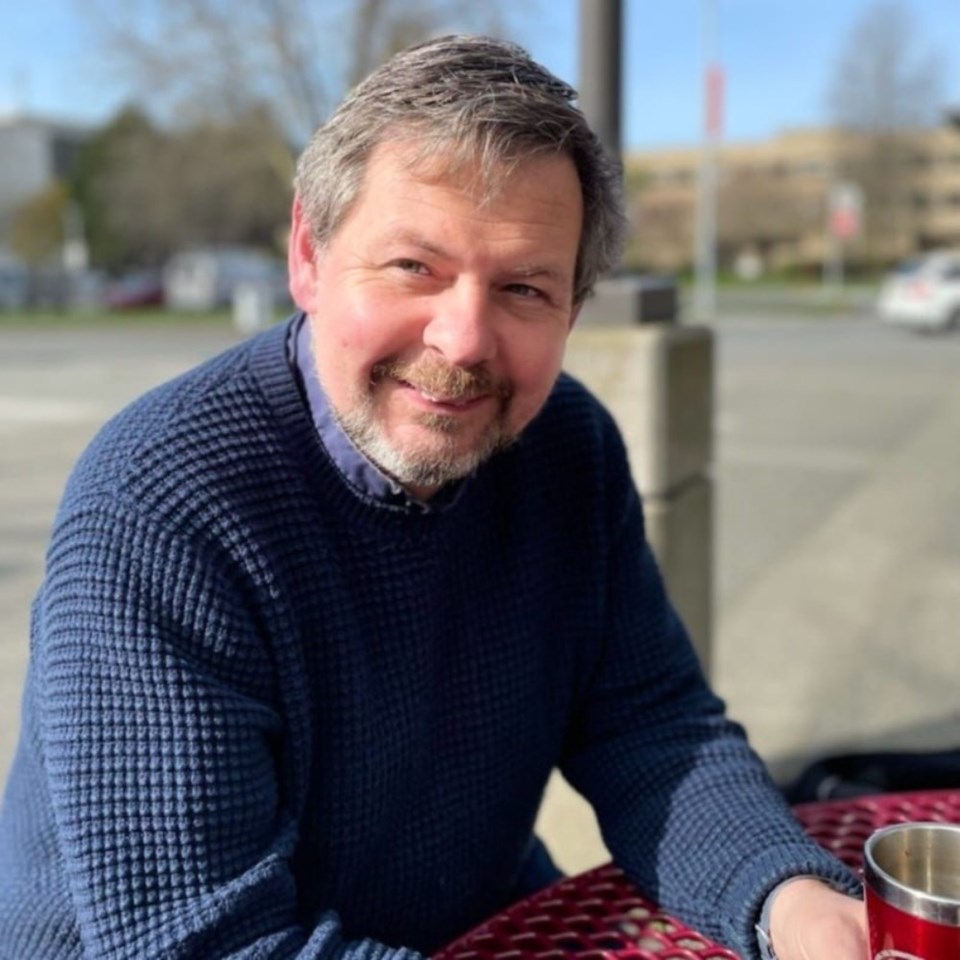What story do we tell?
In the Church traditions which use a cycle of readings (called a Lectionary) to read through much of the Bible over the course of three years we are at present in the heart of the foundation stories of our Hebrew forebears in faith. Over the past few weeks we have heard the stories of Abraham, Jacob and Esau, Jacob’s Ladder, Joseph (and his amazing coat), and now we are on to Moses. Many of us will recognize some of the names, even if we don’t know the stories – these incredible tales have been worked into the English language over many centuries.
The stories themselves are epic – big stories, world changing stories, promises of blessing, of a land to call home, of family division and reconciliation, of slavery and (in the coming weeks) of plagues, and liberation. These stories are the stories which define the heart of Jewish identity, and which are the basis on which the Christian story is founded.
Hearing these stories again reminds me just how influential the stories we tell ourselves and one another can be. If our stories are rooted in fear, telling one another that our neighbours, the people on the street, or the institutions that make up our society, are not to be trusted, or worse are ‘out to get us’, then we will live our lives accordingly – shutting ourselves off from one another, spreading this fear and anger to others. If we tell ourselves the story that, somehow, we are less valuable than others, or we don’t look, or sound, or think right. Or that we don’t own enough, or do enough, or have enough qualifications or talents, then we will live lives where we feel inadequate, or resentful, or find ourselves getting anxious or depressed.
Stories have immense power, for better or worse, they can go so far as to create the reality we live in. Politicians use stories, some true, some not, to try and influence public opinion. Movie makers, authors, artists, use stories to influence us – by shocking, challenging, changing us. Or by showing us new ways of seeing and being. Likewise, our ancestors recognized the power of story by leaving us myths, and stories with a particular view and understanding of history, to bring meaning to life, to encourage certain ways of acting with one another, and to share their own experience of spirituality, of life, and of death.
Jesus certainly knew the power of story – he taught very little in the sense of telling people what to do, he preferred to tell stories (which we call parables) about daily events in the world around, things which people would have recognized, and put a twist on them to give them a deeper meaning and challenge to his hearers.
We each use stories ourselves, to explain our own daily lives, our habits, our attitudes, our motivations. We tell stories to ourselves which try to make sense of the world around us. We tell stories amongst friends, around the campfire, in the back yard around the grill, at the bar or coffee shop.
We also tell stories by the way we act towards others, whether we realize it or not people create stories about us based on how they see us as we share our lives with them and with others. People see us in our own stories, whether they are fearful, angry, compassionate, thoughtful, careless, or confusing. As The Doctor, hero of the Sci-Fi series ‘Doctor Who’, once said, “We’re all made of stories, make yours a good one, eh?”
The Ven. Alastair Singh-McCollum is Rector of St. John the Divine Anglican Church in Victoria and Archdeacon, Diocese of Islands and Inlets. He has a passion for the Gospel, motorbikes and bike culture, worship, philosophy, theology, guitars, single malt whisky, real ale, cinema and all things French. You can find Alastair at the church website: www.stjohnthedivine.bc.ca and on his blog: fracme.blogspot.ca
You can read more articles on our interfaith blog, Spiritually Speaking at https://www.timescolonist.com/blogs/spiritually-speaking
* This article was published in the print edition of the Times Colonist on Saturday, September 9th 2023



